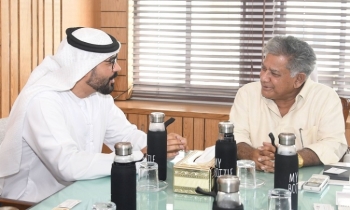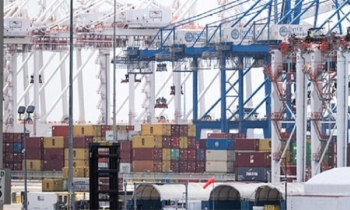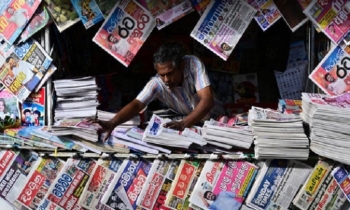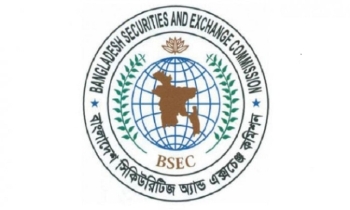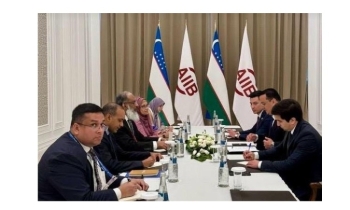Bangladesh won’t be part of any plurilateral deal: Commerce secretary
BI Desk || BusinessInsider
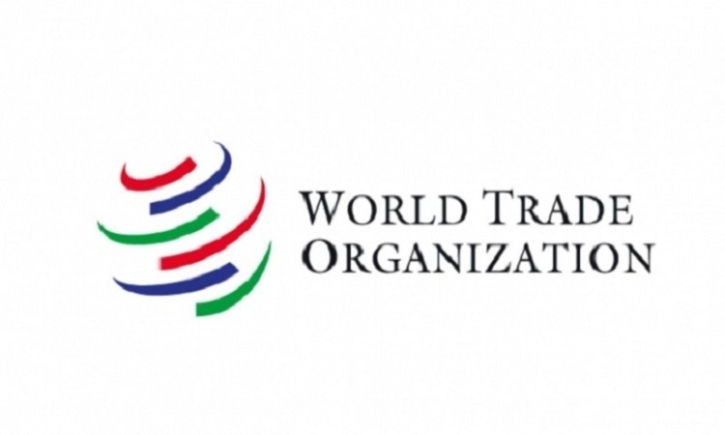
Photo: Collected
Some 123 members of the World Trade Organization (WTO) have agreed to move ahead with a plurilateral agreement on investment facilitation, but Bangladesh right now is not joining the move.
Some other countries have also vehemently opposed the move, reports BSS.
Day before the formal inauguration of the 13th Ministerial Conference (MC13) of the WTO in Abu Dhabi, United Arab Emirates (UAE) on Monday, the ministers representing 123 WTO members issued a Joint Ministerial Declaration marking the finalisation of the Investment Facilitation for Development (IFD) Agreement.
Tapan Kanti Ghosh, senior secretary of the commerce ministry and also a top member of Bangladesh delegation participating the WTO MC13 being held in UAE, told BSS that there is no such possibility to join the move right now as the country in principle upholds the spirit of the multilateralism.
"We're observing the development, but there is no plan to join any plurialteral agreement," he said. "We're also not in a position to support the said deal. As the LDC group in WTO has a common position in this regard, we may be cornered by taking any such stance."
The ministers representing 123 WTO members, issued a submission requesting the MC13 to incorporate the IFD Agreement as a plurilateral agreement into Annex-4 of the Marrakesh Agreement Establishing the WTO. Being a plurilateral agreement, which is binding only for the members accepting it, other may also join anytime at the deal.
Developing countries like India and South Africa are against any such deal on the plea that investment facilitation is a non-trade matter and the multilateral trade body should not be involved in it.
India also argued that the agreement may compromise the autonomy to take domestic investment-related decisions without the obligations imposed by international commitments.
Though South Korea and Chile are the formal co-ordinators of the IFD deal, it is widely backed by China. The deal, however, requires endorsement of all the 164 member countries of the WTO to be incorporated as a formal plurilateral agreement.
Under a plurilateral agreement, participating countries may new rules and secure mutual liberalisation of tariffs and those sometime go beyond the multilateral arrangement under the WTO.
Many international civil society groups also oppose the deal terming it an 'illegitimate' and 'anti-development.'
"Not only is there no mandate for these negotiations, there is a negative mandate. Countries who are trying to push this through at the MC13 are breaching fundamental WTO rules", says Deborah James, facilitator of the Our World is Not for Sale network, at a press statement.
She alleged that powerful countries put pressure on many small and weak countries to join the plurilateral initiative.
Nevertheless, participants of IFD deal represent three-quarters of the WTO membership, including close to 90 developing economies and 26 least-developed economies (LDCs) including Djibouti, the current coordinator of LDC group in WTO.
WTO Director-General Ngozi Okonjo-Iweala expressed optimism that the IFD agreement 'will contribute to making the global economy more resilient and inclusive.'
Her supportive position to the deal also comes under criticism by many. They argued that being the head of the organisation, the DG need to be impartial.
Dr Thani bin Ahmed Al Zeyoudi, UAE's Minister of State for Foreign Trade and MC13 Chair, said that the finalisation of the IFD agreement is the result of more than six years of work, dedication and vision of more than 120 members.
Since the inception of the WTO, only a few plurilateral agreements have been incorporated. The first four such deals were on: trade in civil aircraft, government procurement, dairy products and bovine meat. The bovine meat and dairy agreements were terminated in 1997.
The Agreement on Government Procurement (GPA) was first concluded in 1979 under the General Agreement on Tariffs and Trade (GATT). It was revised and expanded later and entered into force in 2014 and has no expiration date. At present, the agreement has 22 parties comprising 49 WTO members. Another 35 WTO members participate in the GPA Committee as observers.
The Agreement on Trade in Civil Aircraft now has 33 signatories.
Bangladesh is one of the observers of the agreement.
The four-day Ministerial Conference has passed its 2nd day today and held several sideline meetings in different agendas.
The commerce ministers and senior trade officials of 164 member countries of WTO are passing busy hours with hectic negotiations.


